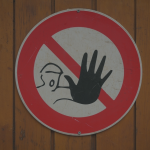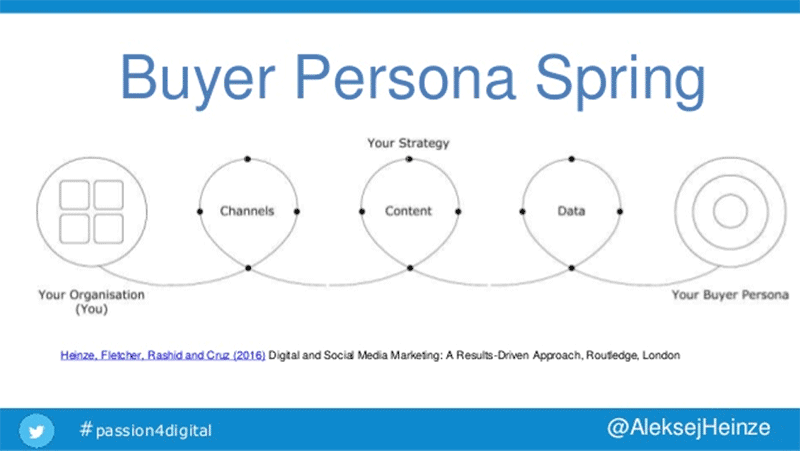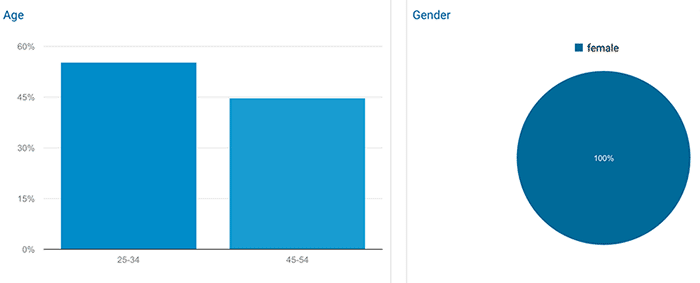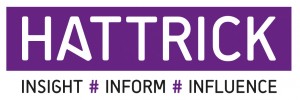Hmmm… So, which course? These were my initial thoughts. Do I do a long distance course or do I stay close to home and come to the building. By opting for the SSMM (Search and Social Media Marketing) at Media City, I now know, I made the perfect choice.

University of Salford Campus – Media City
It had all the aspects that I was hoping for and none of the ones I feared. I didn’t want to just do ‘a course on seo and social media’… I wanted the course that would add value to my skillset.
When you leave University and/or Further/Higher Education, the question usually is… “What experience do you have?”… This is usually followed by an answer consisting of erms, buts and opportunity. In other words, doing your best to prove you are willing to learn.
For probably only the second time in my life, I found myself on the other side of the argument. As, somewhat fortuitously and serendipitously I found myself knowing a lot about SEO, social media and digital marketing, but didn’t have the academic or professional qualifications or accreditations to back up my experience or prove what I knew. So it was important on my part that I showed evidence of Continued Professional Development (CPD).
I work in the charity and voluntary sector, so it is vital to spend the limited resources we have in the most productive, efficient and effective way possible. This just happened to involve social media, website building, search engine optimisation and other aspects of digital marketing. This is because, these activities can be done on a very limited budget; the challenge being, knowing what to do and having the time to invest.
So began my journey into the world of social media, website building and SEO. It started off as a hobby with the website/organisation I founded called, Positive About MS (www.positiveaboutms.com) and it’s social media following which now reaches out to about 10,000 supporters! Subsequently I developed a website called, The Luggie Scooter (www.theluggie.com), which features on the first page of Google and in some cases features in the coveted Golden Triangle section of Google on page1!
So you can see SSMM was something I fell into and something I just happened to enjoy too, not realising at the time it would become Web 2.0.
However, all this experience didn’t give me what I needed, which was a way to quantify what I know and give me a recognised professional accreditation and/or qualification.
The Search and Social Media Marketing course
Right from the first week of the course I liked what I saw. From the email communication prior to arrival, to the structure and general feel of the class. It was just what I hoped it would be. There was a structure to the whole course and it was clear what the course would give you. I thought it would be more formal and not as comfortable, but I was pleasantly surprised. I really liked the layout, atmosphere and the general way of teaching.
One of the reasons I opted for the course, was the opportunity of interaction with the course leader (Alex Fenton @AlexFenton) and the chance to ask questions in person. This also exceeded my expectations. You could speak in person, via social media, on private linkedin groups or by email. It gave you further reassurance that you weren’t just going to be given course notes with a presentation.
Guest speakers
The format of giving you a presentation on the subject matter, followed by a talk and Q&A session from an industry professional worked really well and I got more than I expected from it. We got the opportunity to hear from the likes of Phil Morgan (@PhilipMorgan) & Tom Mason (@totmac) from Delineo (@Delineo), Aisha Choudhry (@AishaZulu) from Fast Web Media (@FastWebMedia), and the UK’s Number 1 best selling small biz marketing author; Dee Blick – pictured (@DeeBlick) of www.themarketinggym.org.

Dee Blick – Guest Speaker
I also felt the course was well pitched and did exactly what it said on the tin! Initially I was apprehensive that parts maybe too basic or complex, however this was not the case and it was helpful that Alex Fenton would sometimes spend more time on certain subject areas than others, based on the group and what we needed.
It was never a case of times up and that’s it, you got a chance to review what we’ve already discussed and check your understanding.
One of the many revelations to me personally was the benefits and features of using Google Drive, something I was neither keen nor found necessary to use before I went on the course. Google Drive allowed you to revisit slides and talks from previous weeks and made it very easy to review course notes.
I found it very refreshing and useful that information on the course and was freely shared by Alex, and that was what I had hoped for. If there was something you were not sure on, there was always the opportunity to revisit it out of class time, with informal group sessions.
Overall, this course has filled in those missing gaps from my own learning’s and has also introduced me to industry terms and given me a chance to quantify what I already knew, by putting names and phrases to the processes I was practicing.
Furthermore it has opened up my eyes more to the idea of Web 2.0 and the importance of Digital Marketing.
Hopefully, this has helped you regarding your professional development course choice. Feel free to share this post or share your views, I am @mrkazlaljee on twitter and you can use the hastag #ssmmUoS
More information & booking details for the Search & Social Media Marketing Course & Salford University location at Media City UK – Video
 Ok, so ‘Ad blocking should be banned’, maybe a little overdramatic, but Internet adverts are the primary source of revenue for most of the websites. The majority of sites are free to browse which is thanks to the advertisements displayed on the web pages. This model of the internet has been steady over the last two decades. As time goes by, ad companies have become more and more aggressive in their approach, and this has led to the use of ad-blocking software rising dramatically.
Ok, so ‘Ad blocking should be banned’, maybe a little overdramatic, but Internet adverts are the primary source of revenue for most of the websites. The majority of sites are free to browse which is thanks to the advertisements displayed on the web pages. This model of the internet has been steady over the last two decades. As time goes by, ad companies have become more and more aggressive in their approach, and this has led to the use of ad-blocking software rising dramatically.

 During the Christmas break, I’ve been helping out
During the Christmas break, I’ve been helping out 








